Blog
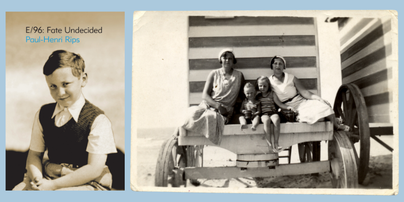
How Holocaust Memoirs Can Increase Student Empathy and Understanding of Racism
This article was published in French by Audrey Bélanger as “Cultiver l’empathie des élèves et leur désir de mieux comprendre diverses manifestations du racisme à travers un récit mémoriel : l’exemple de matricule E96.” Les Cahiers de l’AQPF 14 (3): 52–56, 2023. Translated into English by Dawson Campbell, 2024.
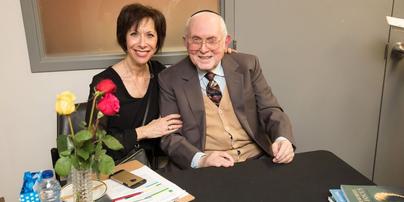
Adapting Education
We are at a turning point in Holocaust education, and not only because many survivors are no longer doing in-person events. What will it be like when there are no longer any Holocaust survivors left to share their stories in real time?
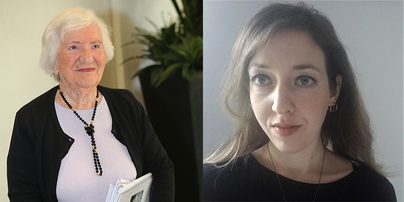
Listener-Witness: My Role as a Writing Partner for the Sustaining Memories Project
“No one / bears witness for the / witness,” writes Paul Celan in “Ashglory” (here translated by Pierre Joris). I returned to this poem again and again when, in 2017, I held the role of writing partner for the Sustaining Memories Project, a program created by the Azrieli Foundation’s Holocaust Survivor Memoirs Program in partnership with the G. Raymond Chang School of Continuing Education at Ryerson University (now Toronto Metropolitan University).

Seeing History: A Reflection on In the Hour of Fate and Danger by Ferenc Andai
As the child of a Holocaust survivor, John Lorinc has tried to research a wartime experience his father couldn’t share.
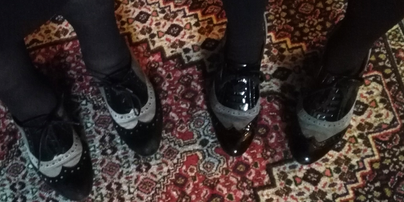
A Woman's Shoes
A story about shoes: It was Holocaust Education Week, 2019, and I accompanied Judy Cohen, the 91-year-old survivor whose memoir I was then immersed in — shifting passages, recasting sentences, checking dates and historical data — to a talk she was giving at York University.
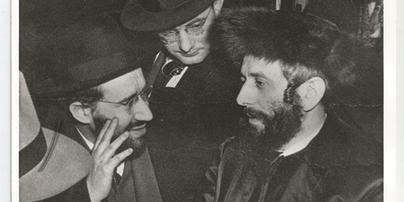
From Fragment to Whole
In late 2014, the Azrieli Foundation’s Holocaust Survivor Memoirs Program received an extremely important submission — a 250...
- 1
- 2

